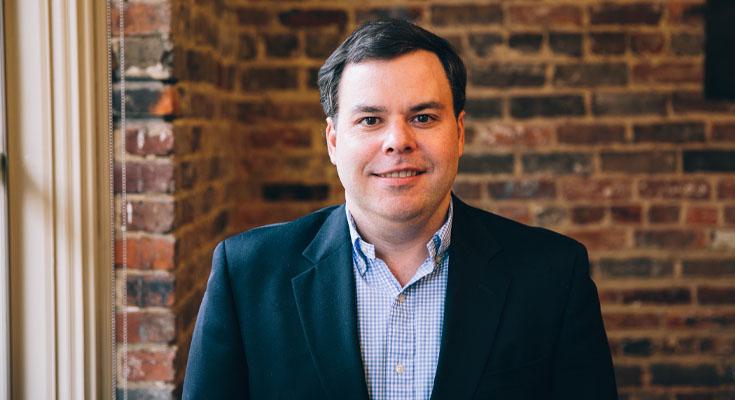Wednesday marks the 25th day of the 2022 regular session, meaning that time is running out for important bills to be debated or even receive committee consideration. Two bills that will almost certainly pass are the state’s Education Trust Fund and General Fund budgets.
Once the budgets pass, bills that could help all Alabamians - like repealing the gas tax and state grocery tax - will be officially dead. Lawmakers will praise themselves for passing conservative budgets and claim that those same budgets couldn’t withstand the revenue reduction of meaningful tax cuts.
Don’t believe them.
To briefly recap, Alabama’s government began 2022 with a $1.5 billion revenue surplus and a total starting balance of $1.8 billion. In 2021, the state took more money from taxpayers’ pockets than ever before.
And what are lawmakers poised to do with that money? Some $1.3 billion of the surplus is set to go back into the 2022 education budget, over half of which will go towards capital projects, not attracting and retaining high-quality teachers or improving the quality of education for Alabama students. Another $120 million will go towards 2022 general fund spending.
Nearly all the state’s record revenue surplus (excess taxpayer money) is going towards expanding government this year. The 2022 budget passed last year was already the largest in state history at the time. Now it’s set to grow even more, with little meaningful taxpayer relief in sight.
The 2023 Education Trust Fund budget is set to grow by half a billion dollars (6.5%) compared to this year. Since 2019, it has already grown by almost 35%, an unprecedented expansion of government. It also received a $4.5 billion stimulus infusion from the federal government, which isn’t included in those numbers.
The General Fund Budget, which is currently in conference committee, is also poised to set another record for 2023, representing even more record government growth. The $2.7 billion budget is over $200 million more than last year and would be the largest general fund budget in state history.
Combined, the two budgets will total almost $11 billion. That’s a $2.1 billion spending increase during just the current four-year legislative term – that from a legislature that was proclaimed by some as the most conservative ever when it was elected in 2018.
While it’s easy to get lost in all the zeros, the passing of the state’s 2023 budgets will have real impacts for all Alabamians. Once the final vote is tallied, any chance of passing reforms that could take less money from citizens' pockets will be gone. Instead, lawmakers will continue the trend of taking more from you to build a bigger, and by no indication better, government.
What does it mean in practical terms?
It means that with 40-year high levels of inflation and record prices on groceries and other essential daily items, you will continue to pay Alabama’s 4% grocery sales tax. Rep. Mike Holmes (R-Wetumpka) has a bill that would permanently repeal the tax and save Alabamians more than $500 million annually. It still hasn’t even received a committee hearing to discuss it.
It means that despite recently paying the highest prices ever at Alabama gas pumps, there is no relief coming from the state’s 2019 $.10 gas tax hike or the possibility of future automatic gas tax increases. Gov. Ivey already slammed the door temporarily suspending all or part of the gas tax, even though our neighbors in Georgia and Florida plan to do so.
Senator Larry Stutts (R-Tuscumbia) has a bill to repeal the future increases. It too has not been heard in committee. Lawmakers aren’t even willing to give up any future revenues, despite the $.10 increase that’s already in effect, if it means less money to grow government.
Finally, the 2022 supplemental appropriations for education combined with the largest education budget ever for 2023 means that anything more than minor progress on school choice is not going to happen. Senator Del Marsh’s (R-Anniston) Parent’s Choice Act came with an up to $537 million price tag to the Education Trust Fund, though the money would still be used for each participating student.
Again, government would rather decide how to use your tax dollars than allow you the choice to decide what type of education best suits your child.
As the end of the session nears, final passage of the largest budgets in state history will also mean perhaps the largest missed opportunity by lawmakers in state history. The legislature has chosen to take the biggest revenue surplus ever and invest almost all of it back into government rather than the people that Alabama’s government is supposed to serve.
Alabamians deserve better from those we elect. We have the power to change that.
Justin Bogie serves as Senior Director of Fiscal Policy at the Alabama Policy Institute. The views and opinions expressed here are those of the author and do not necessarily reflect the policy or position of 1819 News. To comment, please send an email with your name and contact information to: Commentary@1819News.com.










